Introduction
With the rise of fitness culture and nutrition trends, protein powder has become increasingly popular among young people. Protein powders are often used by athletes and fitness enthusiasts to support muscle growth and recovery. However, many parents and healthcare professionals wonder if protein powders are safe or necessary for teenagers and children. This article explores the potential benefits, risks, and guidelines surrounding the use of protein powder in younger age groups to help parents make informed decisions.
What is Protein Powder?
Protein powder is a dietary supplement made by extracting protein from sources like milk (whey and casein), soy, peas, or rice. It’s commonly used to increase protein intake, which helps in muscle repair, growth, and overall health.

Types of Protein Powders:
- Whey Protein: Derived from milk and absorbed quickly by the body, making it popular for post-exercise recovery.
- Casein Protein: Also milk-based, but absorbed more slowly, providing a longer-lasting protein source.
- Plant-Based Proteins: Includes soy, pea, and hemp proteins, which are suitable for vegetarians, vegans, or those with dairy sensitivities.
Each type has different benefits, but for teenagers and children, it’s crucial to consider the safest options, such as those with minimal additives and allergens.
Why Do Teenagers and Children Use Protein Powder?
There are several reasons why young people might turn to protein powder:
- Athletic Performance: Young athletes may believe that protein powder will improve muscle strength and recovery.
- Social Media Influence: With influencers promoting fitness products, teens might feel pressured to use supplements to achieve certain body goals.
- Dietary Shortcomings: Some teens with dietary restrictions or picky eating habits may not get enough protein from food alone.
While these reasons may make protein powder appear appealing, it’s essential to evaluate whether it’s genuinely necessary for young people.
Do Children and Teenagers Need Protein Supplements?

In most cases, children and teenagers do not need protein supplements. Daily protein needs vary with age, but typically, young people can meet their protein requirements through a balanced diet:
- Children (4-8 years): About 19 grams per day
- Preteens (9-13 years): 34 grams per day
- Teenagers (14-18 years): 46 grams per day for girls and 52 grams per day for boys
These amounts can be easily achieved through whole foods like meat, dairy, eggs, beans, and nuts. Most young people don’t require additional protein unless they’re involved in intense sports training or have medical conditions that affect nutrient absorption. Consulting with a healthcare provider can help determine if protein supplements are needed.
Potential Risks of Protein Powder for Young People
While protein powder might seem like a harmless supplement, it comes with potential risks for teenagers and children:
- Excess Protein Intake: Consuming too much protein can strain the kidneys, especially in young people. Overloading on protein without balancing other nutrients can also lead to dehydration and digestive discomfort.
- Unhealthy Dietary Habits: Relying on protein powders instead of whole foods can lead to an unhealthy approach to eating, as young people may use supplements as meal replacements.
- Allergic Reactions: Some protein powders contain allergens like lactose, gluten, or soy, which can cause reactions in sensitive individuals.
- Additives and Artificial Ingredients: Many protein powders contain sweeteners, flavorings, and preservatives that may not be suitable for young people.
Considering these risks, it’s essential for parents to evaluate the necessity of protein powder carefully and to choose products free of unnecessary additives if they decide to use them.
Possible Benefits of Protein Powder for Teenagers in Specific Cases
Although protein powder is generally unnecessary, it can be beneficial in specific situations, especially when used carefully and in moderation:
- For Athletes in High-Intensity Training: Protein powder can help support the recovery needs of young athletes who participate in rigorous sports.
- Medically Advised Cases: Children or teenagers with certain medical conditions, like those with gastrointestinal issues or limited nutrient absorption, might benefit from added protein under the guidance of a healthcare professional.
- For Busy Schedules: For very active teens, a protein shake might be a convenient way to supplement protein when whole foods aren’t accessible, like during sports events.
Even in these cases, it’s crucial to use protein powder as a supplement rather than a substitute for real food.
Safe Protein Powder Options for Children and Teens
If parents decide to include protein powder in their child’s diet, it’s essential to choose products that are appropriate for young people. Here are some recommended options:
- Whey Protein Isolate: Contains minimal lactose, which is beneficial for lactose-sensitive teens.
- Plant-Based Protein: Pea and soy proteins are good for those with dairy allergies or vegan preferences.
- Additive-Free Options: Look for protein powders without artificial flavors, sweeteners, or additives.
Reading product labels carefully and choosing from reputable brands with transparent ingredients can help ensure a safer choice.
How Much Protein Do Teenagers and Children Actually Need?

Protein requirements vary depending on a young person’s age, weight, and activity level. Here’s a quick breakdown:
- Young Children (4-8 years): Approximately 19 grams of protein daily
- Older Children (9-13 years): Around 34 grams daily
- Teenage Girls (14-18 years): Roughly 46 grams daily
- Teenage Boys (14-18 years): Approximately 52 grams daily
For most children and teens, these protein needs are easily met through meals. Lean meats, dairy products, nuts, seeds, and legumes are excellent sources of protein that provide other essential nutrients.
Signs of Too Much Protein Consumption in Kids and Teens
Parents should be mindful of potential signs that a child is consuming too much protein:
- Digestive Issues: Nausea, bloating, and constipation may indicate protein overload.
- Kidney Strain: Excess protein can strain the kidneys, leading to symptoms like frequent thirst and dehydration.
- Unusual Fatigue: Overloading protein without enough carbohydrates and fats can lead to fatigue, as the body needs a balanced mix of nutrients for energy.
If these symptoms arise, it’s essential to reassess the child’s diet and consult a healthcare provider if needed.
Understanding the Role of Protein in Growth and Development
Protein is critical for the growth and development of young people. It plays a central role in building muscles, producing enzymes, and supporting brain health. Children and teenagers need protein for both physical and mental growth, but their needs can generally be met with balanced meals rather than supplements.
Is Protein Powder Regulated for Safety?
Unlike medicines, protein powders are not regulated as strictly by the FDA, so quality and safety can vary. Concerns over contaminants, such as heavy metals and unlisted ingredients, make it important to choose high-quality, third-party-tested brands. Reputable certifications, such as NSF Certified for Sport or Informed-Sport, can help ensure a safer product.
Comparing Food-Based Protein to Protein Powders
Whole foods are usually superior to protein powders for meeting daily protein needs. Some excellent food sources of protein include:
- Lean Meats and Fish: Chicken, turkey, and fish provide high-quality protein.
- Dairy Products: Milk, yogurt, and cheese are rich in protein and calcium.
- Nuts and Seeds: Almonds, peanuts, and chia seeds are good sources of plant-based protein.
Whole foods also offer other nutrients that are often missing in supplements, such as vitamins, minerals, and fiber.
Parental Role in Guiding Protein Intake

Parents play a vital role in teaching children about balanced diets and healthy eating habits. Encouraging kids to prioritize whole foods and explaining the benefits of a varied diet can help them develop a healthy relationship with food. When it comes to protein intake, it’s best to emphasize quality over quantity.
How to Talk to Teenagers About Body Image and Fitness Pressures
Social media and peer pressure can affect teenagers’ self-image, leading some to turn to protein powders or other supplements in pursuit of a particular look. Parents can support healthy self-esteem by:
- Encouraging Body Positivity: Reinforce that health is more important than appearance.
- Setting Realistic Goals: Help teens understand the importance of setting achievable and healthy fitness goals.
- Promoting Balanced Diets: Teach them that supplements are not a substitute for good nutrition.
Advice from Nutrition Experts
Pediatricians and dietitians generally recommend whole foods over supplements for young people. They suggest that protein powders only be used if a healthcare provider deems them necessary. If you have concerns about your child’s diet, a registered dietitian can help create a meal plan that supports their needs.
Conclusion
While protein powders can be beneficial in specific situations, most teenagers and children do not need them. A balanced diet that includes a variety of protein-rich foods is typically sufficient to meet their needs. For those who may benefit from added protein, such as young athletes, it’s essential to use supplements cautiously and choose products with minimal additives. Consulting a healthcare provider before introducing protein powder can help ensure a safe approach to your child’s nutritional needs.
Frequently Asked Questions
Can protein powder cause health issues in teenagers? Excessive protein intake may lead to kidney strain and digestive issues in teenagers. Moderation is key.
What is a safe amount of protein for a teenager per day? Teenagers need 46-52 grams of protein daily, depending on age and gender, which is typically met through food.
Is plant-based protein powder better for children than whey? Plant-based protein is a good option for those with dairy sensitivities or allergies, but all protein powders should be used carefully.
Can teenagers use protein powder for sports safely? Protein powder can support athletic teens, but it’s best to consult a healthcare provider for guidance on safe use.
What should parents look for in protein powder if it’s recommended by a doctor? Choose products with minimal additives, third-party testing, and high-quality ingredients for the safest option.

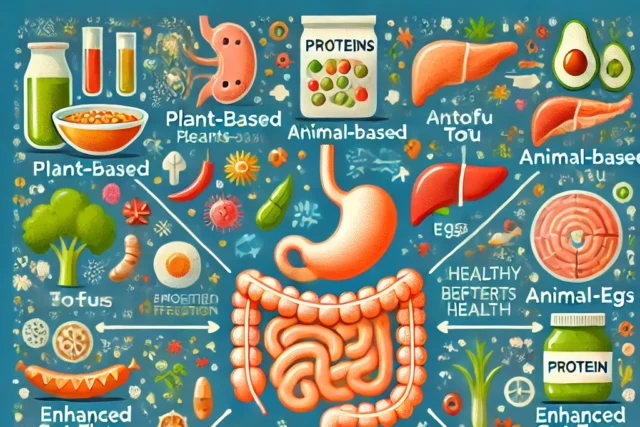

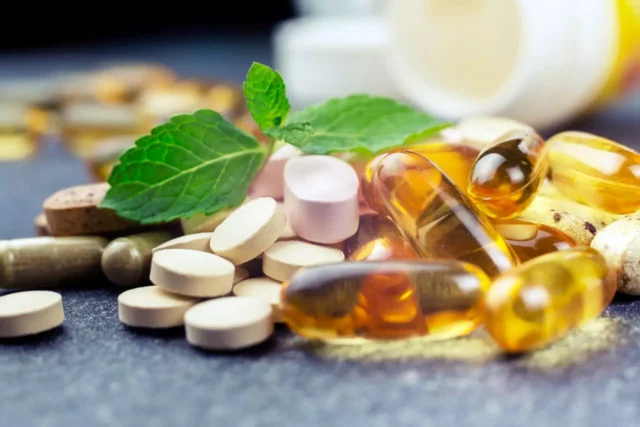
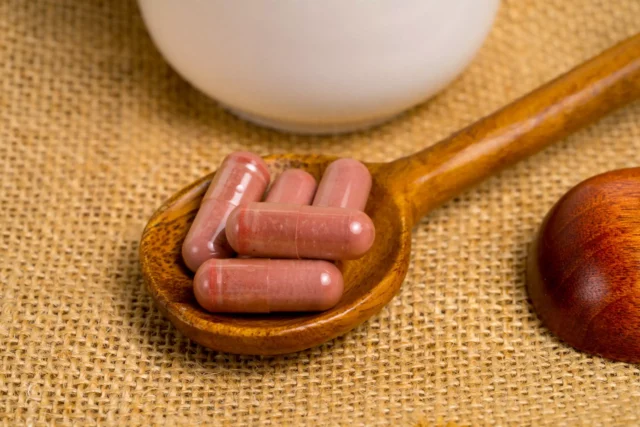

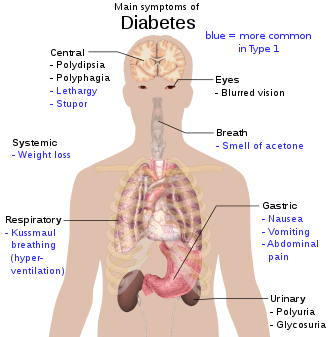

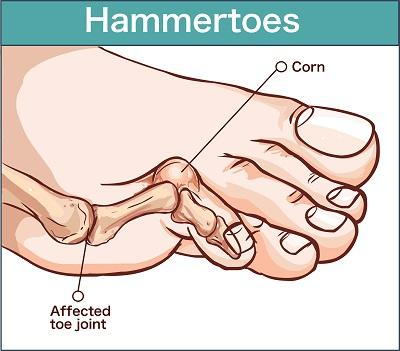
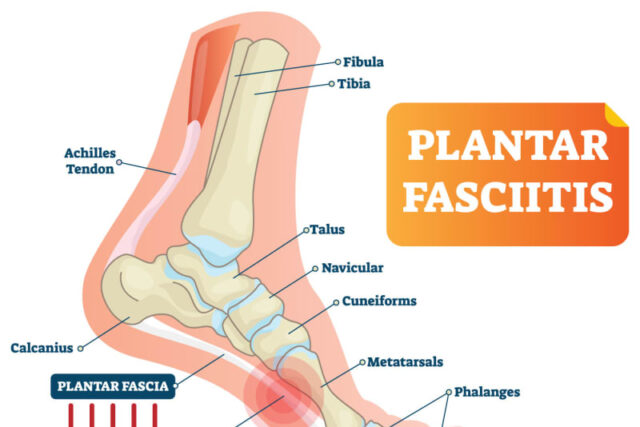
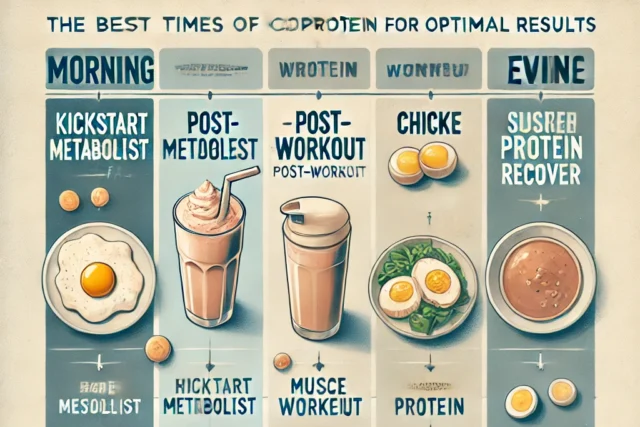

“What a gem I’ve discovered! The thoroughness of your research combined with your engaging writing style makes this post exceptional. You’ve earned a new regular reader!”
“I can’t express how valuable this post is! The level of detail and thoughtful explanations demonstrate your mastery of the subject. Truly a goldmine of information.”